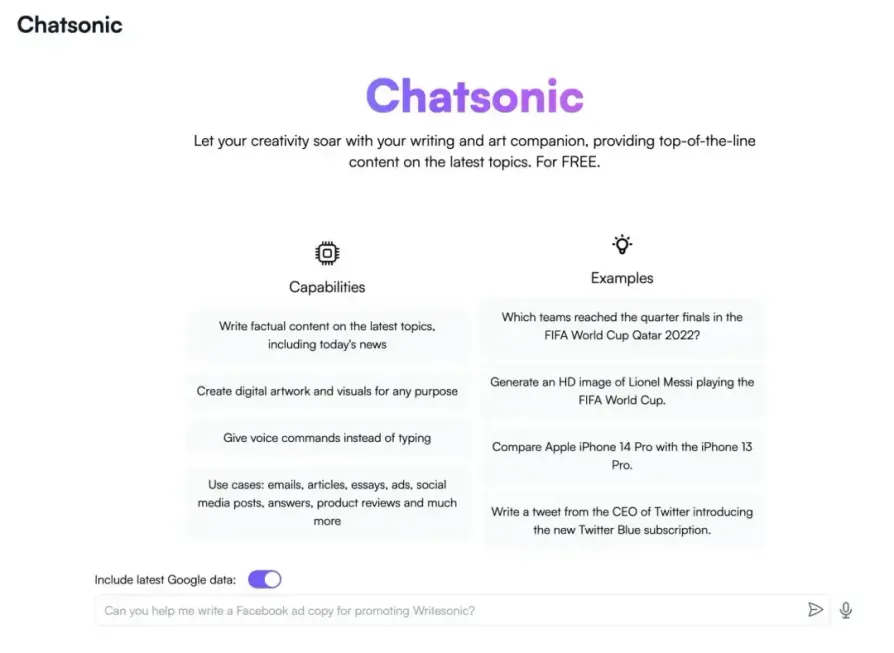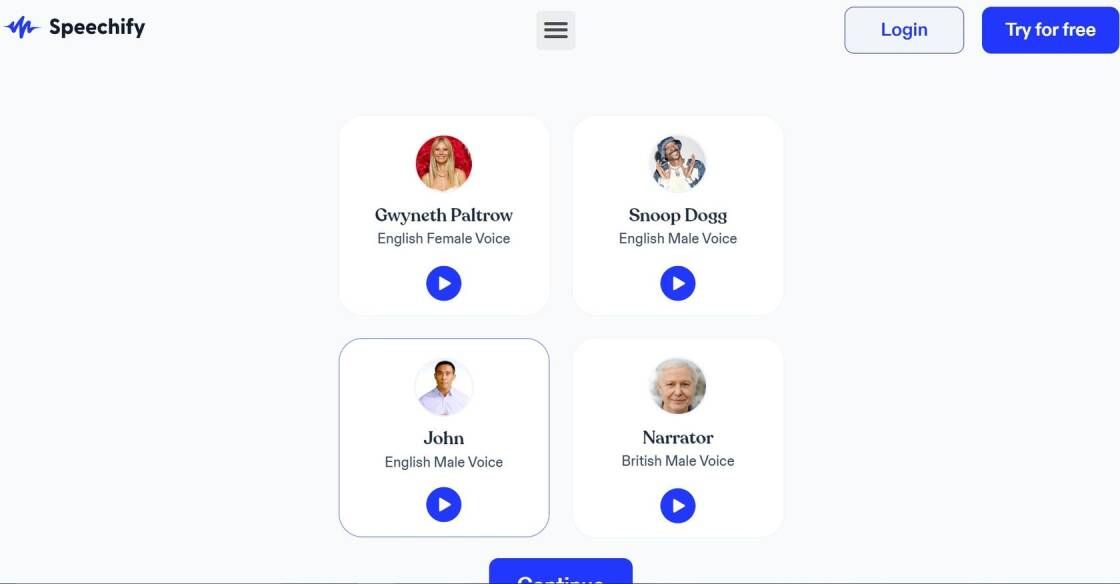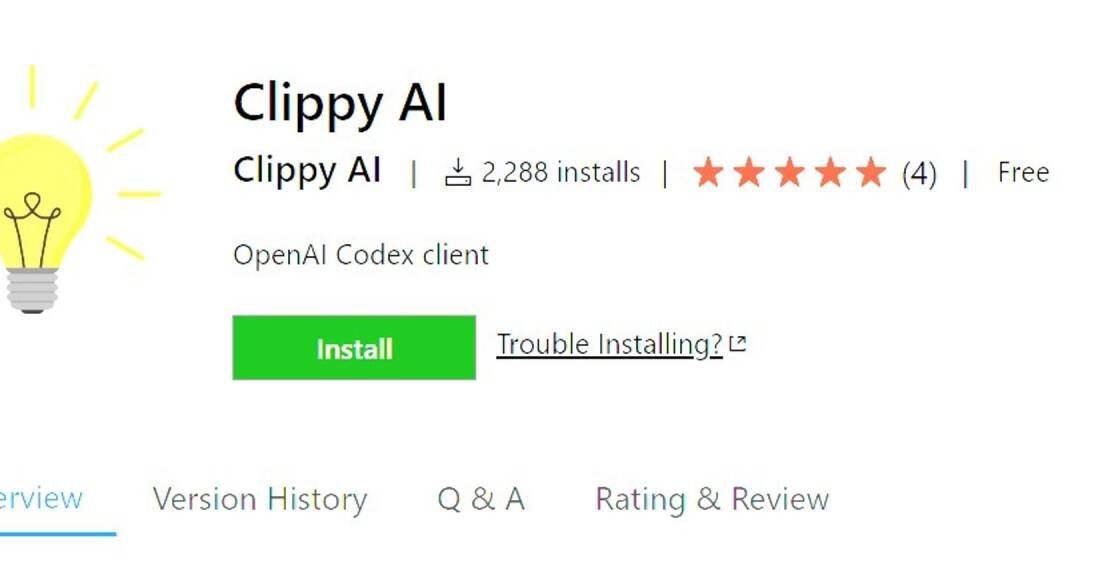

Developing a fast and reliable web3 app is hard. Basement makes it faster than ever. Basement's APIs and SDK are the easiest way to fetch, index and understand what's happening on Ethereum. From low-level transactions to NFT Metadata, Basement's got it all.
Zorp empowers everyone to build powerful, scalable android and iOS applications for their internal teams in minutes. No coding required. Design visually, integrate your APIs and 1-click publish to play store and app store.
Pageblox is a Web SDK that allows internal & external users to review UX/UI changes. Great for PMs & designers to annotate on development builds, or for capturing early customer feedback in production!
Send & receive end-to-end encrypted messages directly between wallets, with no charge or gas fees. Add as many wallets as you need to create a unified inbox. For developers, the multi-protocol SDK powers private, wallet-to-wallet communication from any app.
Cloud Firestore is an advanced NoSQL document database that has been designed to provide automatic scaling, high performance, and ease of application development. Developed by Google, this powerful database offers a flexible and scalable data storage solution for modern web and mobile applications. With its robust features and capabilities, Cloud Firestore has become a popular choice among developers who want to build high-quality applications that can handle large volumes of data and traffic. This introduction will explore the key features and benefits of Cloud Firestore, as well as highlight its significance in the world of modern application development.
Apimatic is an automated API platform that offers its users a comprehensive solution to create, maintain, and monitor their API documents. With the increasing demand for APIs in today's tech-driven world, businesses need to ensure that their APIs are well-documented and maintained. Apimatic streamlines this process by automating the documentation process, saving time and resources for businesses. This platform also provides users with real-time monitoring capabilities, ensuring that APIs are functioning optimally. Overall, Apimatic is a valuable tool for businesses looking to improve their API documentation and maintenance processes.

Remove.bg
Remove Background from Image for Free – remove.bg

Chatsonic
ChatSonic - A ChatGPT alternative with superpowers

Speechify
Best Free Text To Speech Voice Reader | Speechify

Clippy AI
AI-Powered Writing Assistant

Lexica
The Stable Diffusion search engine.

Topaz Video AI
Unlimited access to the world’s leading production-grade neural networks for video upscaling, deinterlacing, motion interpolation, and shake stabilization - all optimized for your local workstation.

AI Image Enlarger
AI Image Enlarger | Enlarge Image Without Losing Quality!

Voice-AI
Voice Analysis and Optimization
Node.js is a revolutionary technology that has transformed the world of server-side programming. It is an open-source, cross-platform JavaScript run-time environment that allows developers to execute JavaScript code on the server-side. Node.js has become increasingly popular among developers due to its flexibility, scalability, and ease of use. It is a powerful tool for building high-performance, scalable web applications, and is widely used by companies such as Netflix, LinkedIn, and Walmart.
One of the key benefits of Node.js is its ability to handle large amounts of data in real-time. Its event-driven architecture ensures that requests are processed quickly and efficiently, making it ideal for applications that require fast, responsive performance. Another advantage of Node.js is that it is highly modular, with a vast array of libraries and modules available to simplify development.
In this article, we will explore the features of Node.js in more detail, and examine why it has become such a popular choice for developers. We will also look at some real-world examples of Node.js applications, and provide tips on how to get started with Node.js development. Whether you are a seasoned developer or just starting out, Node.js is a technology that you need to know about.
Node.js is an open-source, cross-platform JavaScript run-time environment, which allows developers to execute JavaScript code on the server-side.
Some of the advantages of using Node.js include its ability to handle large-scale applications with high traffic, its fast and efficient performance, and its easy integration with other technologies.
Unlike other server-side technologies, Node.js uses an event-driven, non-blocking I/O model, which makes it highly scalable and efficient for handling large amounts of data and requests.
Node.js can be used to build a wide range of applications, including web applications, streaming services, real-time chat applications, and more.
Node.js is not difficult to learn, especially if you already have experience with JavaScript. However, like any new technology, it may take some time to get comfortable with its unique features and functionality.
Node.js does not support multi-threading in the traditional sense, but it does use a single-threaded event loop that can handle asynchronous I/O operations efficiently.
Yes, Node.js can be easily integrated with various databases, including MySQL, MongoDB, and PostgreSQL, among others.
Node.js is generally considered to be a secure platform, but like any software, it is important to keep up with security updates and best practices to ensure that your applications are protected.
While Node.js is primarily used for server-side development, it can also be used for front-end development tasks such as building and bundling client-side JavaScript modules.
Yes, Node.js is open-source and free to use under the MIT license.
| Competitors | Description | Main Benefits | Main Drawbacks |
|---|---|---|---|
| Ruby on Rails | A web application framework written in Ruby. | Rapid development, Convention over Configuration, Rich ecosystem | Slower performance compared to Node.js, Steep learning curve for beginners |
| Django | A web framework written in Python. | Robust and scalable, Built-in admin interface, High-level abstractions | Limited support for real-time applications, Not as flexible as Node.js |
| Laravel | A web application framework written in PHP. | Easy to learn and use, Comprehensive documentation, Built-in authentication | Slower performance compared to Node.js, Limited support for real-time applications |
| ASP.NET Core | A web framework written in C#. | Cross-platform compatibility, Fast performance, Easy integration with other Microsoft technologies | Steep learning curve, Not as widely adopted as Node.js |
Node.js is an open-source, cross-platform JavaScript run-time environment that enables developers to execute JavaScript code server-side. It was initially released in 2009 by Ryan Dahl and has since become one of the most popular tools for building scalable, high-performance web applications.
Here are some important things you should know about Node.js:
1. Node.js is built on top of Google's V8 JavaScript engine, which is also used in Google Chrome. This means that Node.js is incredibly fast and efficient when it comes to executing JavaScript code.
2. Node.js is an event-driven, non-blocking I/O model. This means that it can handle a large number of concurrent connections without blocking or slowing down other processes. As a result, Node.js is perfect for building real-time applications that require fast, responsive, and scalable communication.
3. Node.js is highly modular and extensible. It comes with a vast library of modules and packages that developers can use to build complex applications quickly and easily. Additionally, developers can create their own modules and share them with the community, making it easy to build and collaborate on large-scale projects.
4. Node.js is compatible with a wide range of operating systems, including Windows, macOS, Linux, and Unix. This makes it easy to develop and deploy applications across different environments.
5. Node.js is an excellent choice for building microservices and APIs. Its lightweight, scalable architecture makes it ideal for building distributed systems that can handle a large number of requests from different sources.
In conclusion, Node.js is a powerful and versatile tool for building modern web applications. Its speed, efficiency, and scalability make it an excellent choice for developers looking to build high-performance applications that can handle a large number of requests and users.
TOP